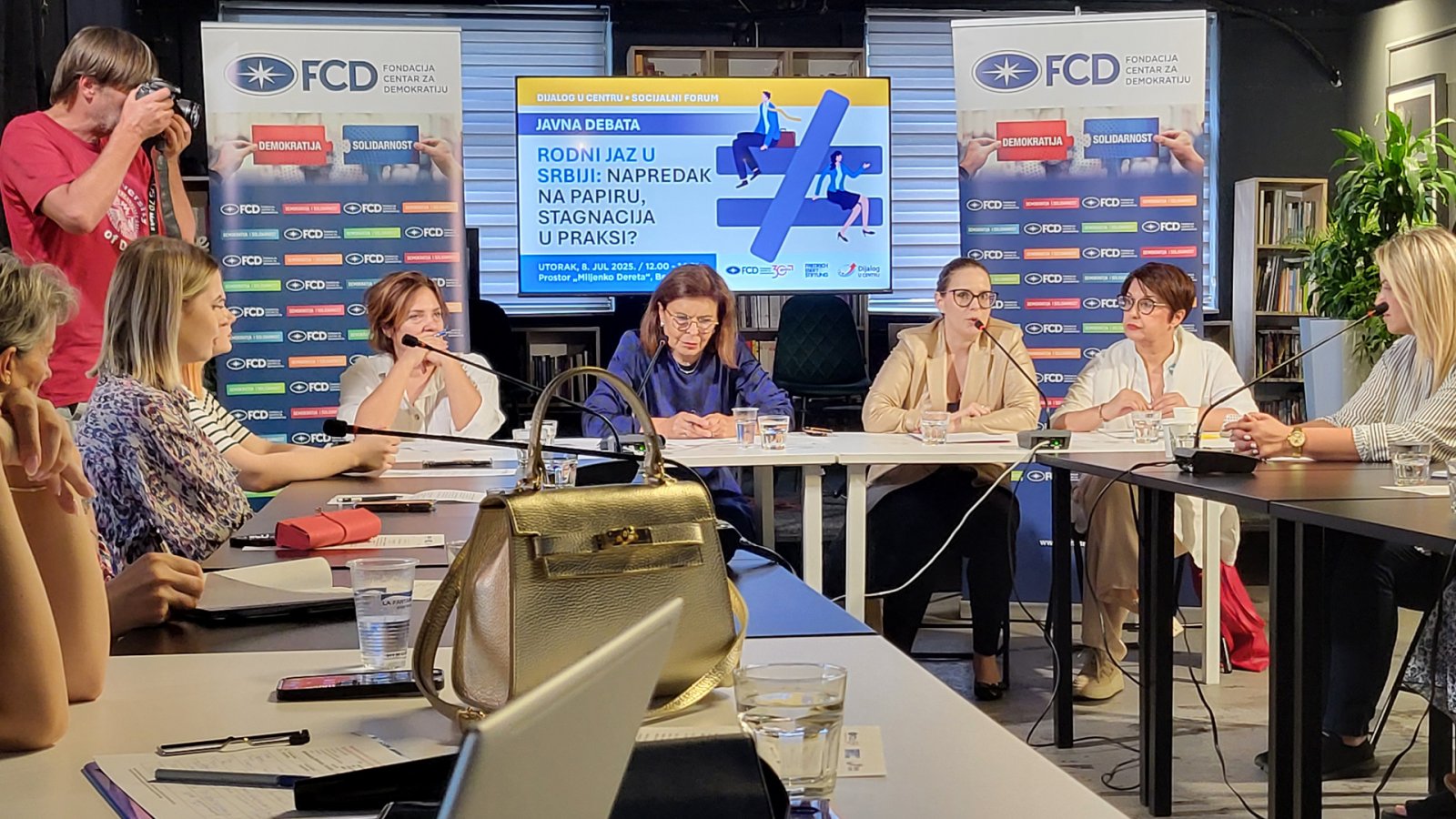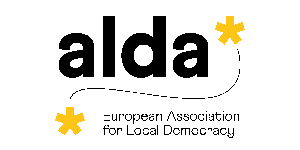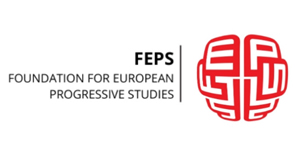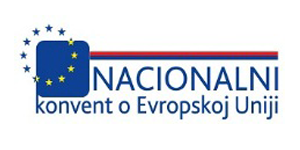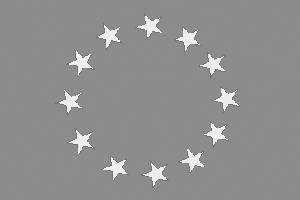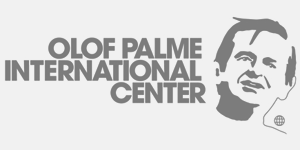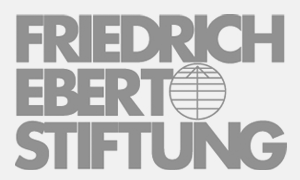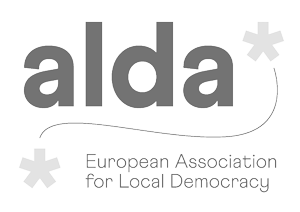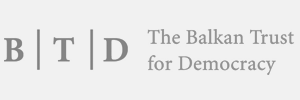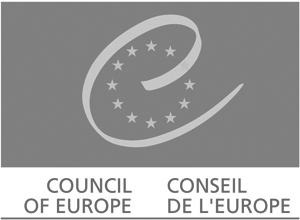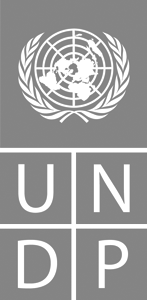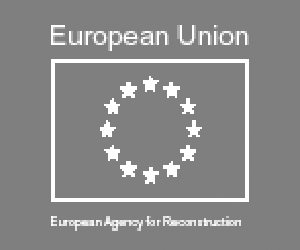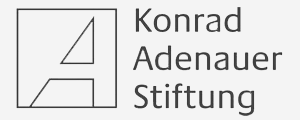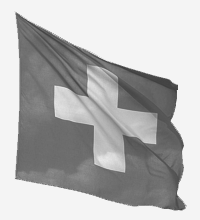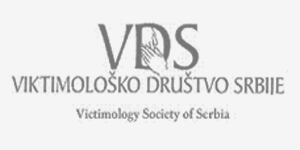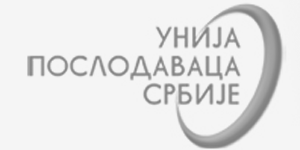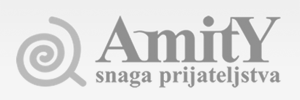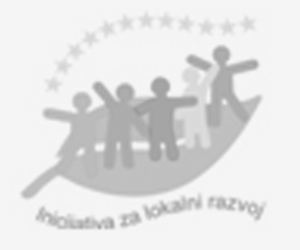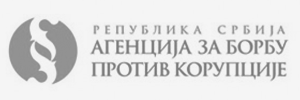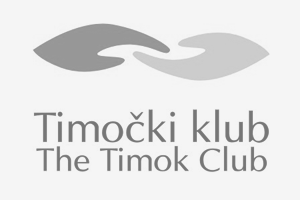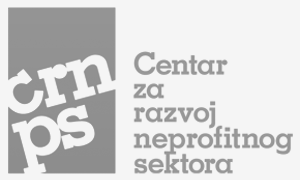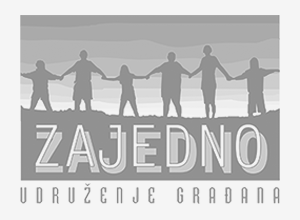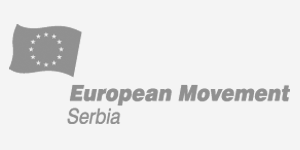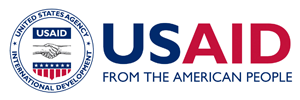Debate: “Gender Gap in Serbia: Progress on Paper, Stagnation in Practice?”
Centre Dialogue – Social Forum
Although the law prohibits discrimination based on gender, women in Serbia still face injustice on a daily basis - from being fired due to pregnancy, to being demoted at work, to a wage gap that increases with their level of education and experience - was the conclusion at the debate “Gender Gap in Serbia: Progress on Paper, Stagnation in Practice?” organized by the Center for Democracy Foundation on July 8, 2025, in cooperation with the Friedrich Ebert Foundation.
Participants in the discussion included: Tijana Milošević, Office of the Commissioner for the Protection of Equality; Prof. Dr. Dragica Vujadinović, Faculty of Law, University of Belgrade; Marija Srdić, member of the Gender Equality Council of the City of Novi Sad, BRAVO movement; Dunja Marić, Nova ekonomija; Jelena Ružić, Women of the Kolubara District; Marija Martinić, Independence Trade Union; Ana Memeti, Faculty of Law, University of Belgrade; Jelena Dadić, gender equality consultant and educator; and others. The discussion was moderated by journalist Ivana Stojanović.
The speakers agreed: the fight is currently happening on the streets, in trade unions, and among female students, while political will is lacking and laws remain mere words on paper.
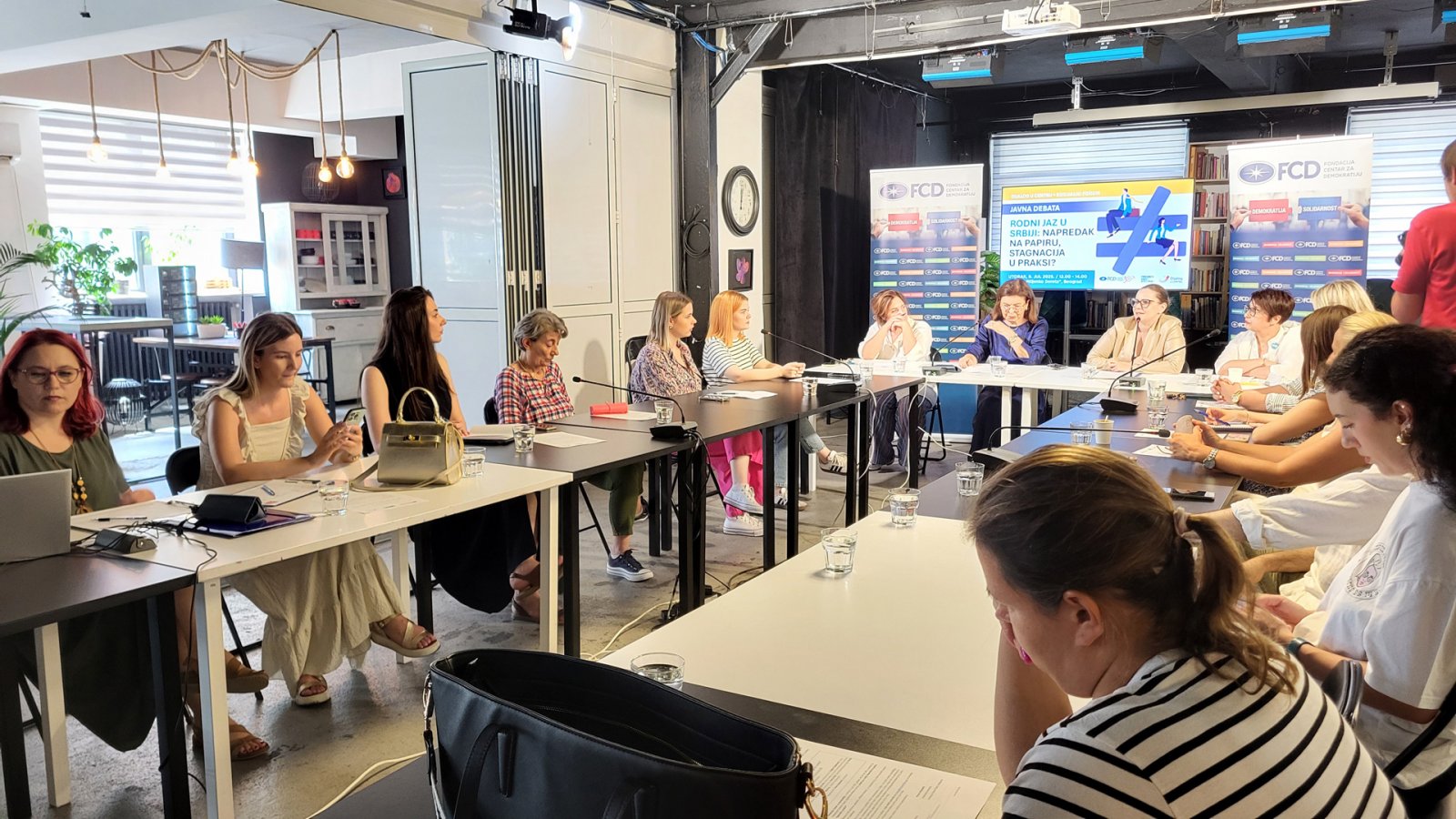
"In 2024, the Commissioner received 138 complaints of gender-based discrimination, along with 31 cases related to marital and family status, which are generally submitted by women" stated Tijana Milošević from the Office of the Commissioner for the Protection of Equality.
She emphasized that if we want to talk about the gender gap, then we must talk about what women experience every day, noting that the reported cases include stories of pregnant women being fired as soon as they informed their employer of their pregnancy.
Milošević stressed that women reported cases where they had to choose between motherhood and a career, as well as those who, upon returning from maternity leave, were demoted and reassigned to lower positions.
"The law that prohibits this exists, we all know that, but practice shows how deeply rooted gender stereotypes are about who is a 'reliable worker' and who is a 'risky choice' simply because she is a woman", she stated.
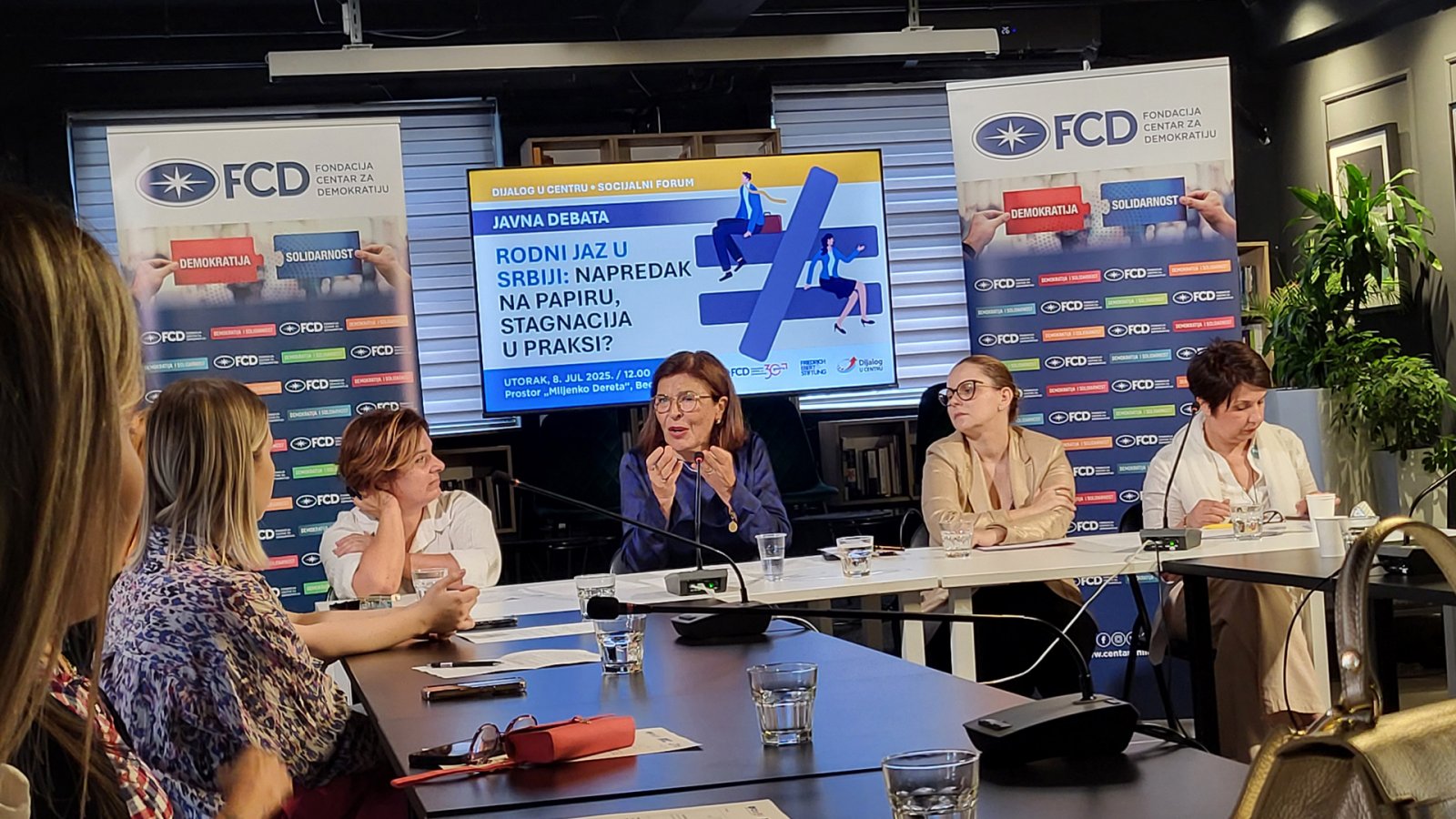
Marija Srdić, member of the Gender Equality Council of the City of Novi Sad and leader of the BRAVO movement, said that currently in Serbia, when it comes to gender equality, one could talk about stagnation on paper, but progress in practice - driven by a new type of struggle taking place in the streets of Serbia.
She pointed out the changes happening outside of state institutions, where women play a key role. She emphasized that women are visible through "high participation in social uprisings, equal participation of female students in plenary sessions", as well as through "women’s leadership in assemblies".
Srdić gave examples of women who have played significant roles in organizing resistance and labor solidarity actions in recent months, from professors and “blockade cooks” to female student cyclists and runners.

Dragica Vujadinović from the Faculty of Law, University of Belgrade, noted that there has been both progress and setbacks, both on paper and in practice, regarding gender equality. She reminded that the first year of the master’s program "Law and Gender" at the Faculty of Law in Belgrade is successfully concluding, and that the international master’s program is currently undergoing accreditation.
She stated that “there is no political will in this ruling structure,” referring to current gender equality policies and the Constitutional Court’s decision to suspend the Gender Equality Law and halt its implementation.
Marija Martinić from the Independence Trade Union pointed out that gender pay differences are even greater when analyzed beyond the basic wage gap, citing the example of women being employed in positions for which they are overqualified.
She added that it is often emphasized that the gender pay gap in Serbia is below the European average, but that this does not reflect the real situation.
"When the pay gap is observed in relation to the level of education among women, it becomes clear that significantly more women compared to men are working in jobs below their qualifications. If we were to analyze the wage gap based on education level, the differences would be enormous", said Martinić.
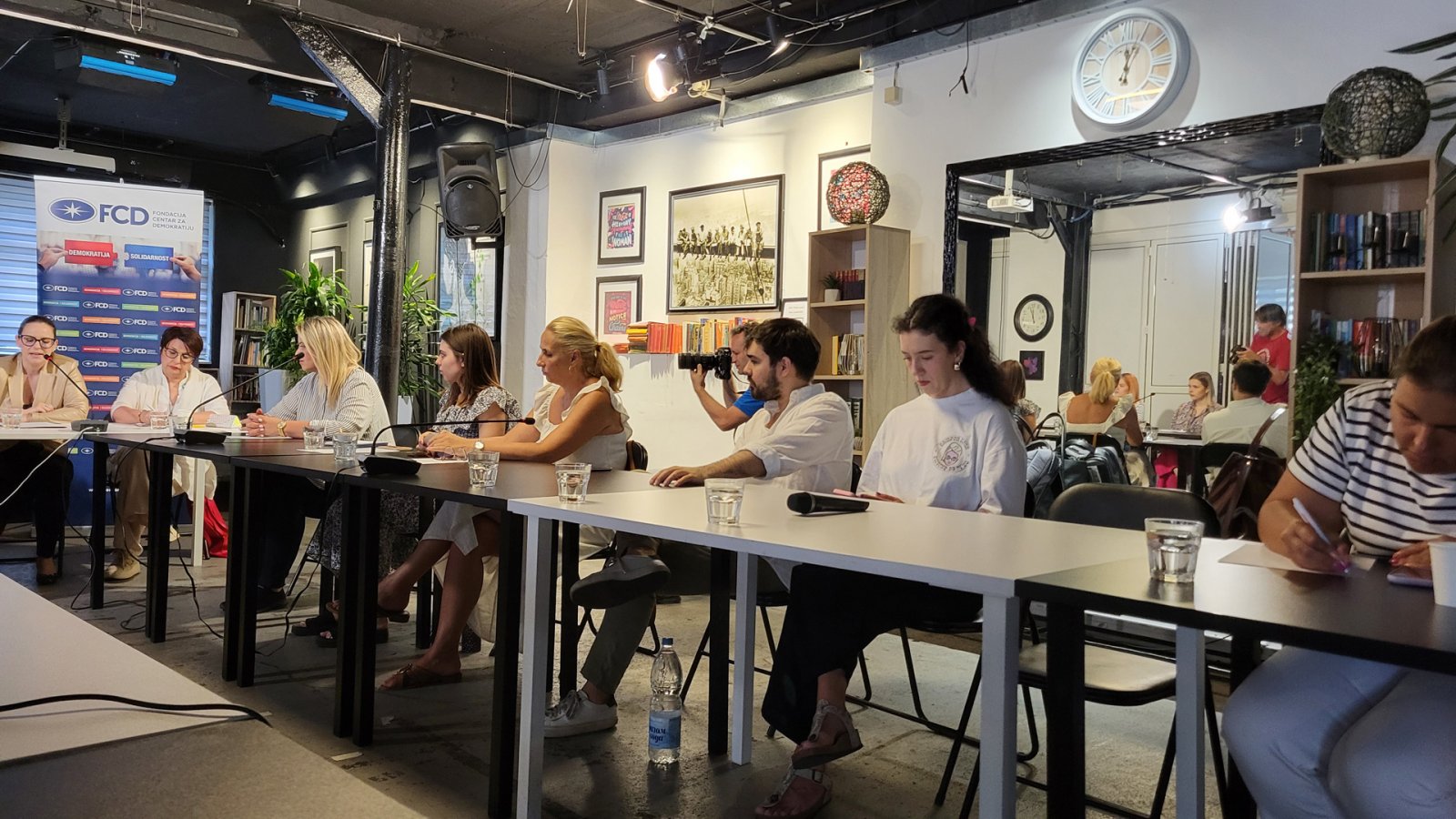
As noted by Dunja Marić from Nova ekonomija, the gender pay gap between men and women in Serbia was 12.1 percent in 2022, according to data from the Statistical Office of the Republic of Serbia.
The earnings gap is most pronounced among the highly educated population, primarily due to career choices. Women more often choose professions that are lower-paid and have slower wage growth, such as social work and education.
Additionally, the wage gap increases with years of work experience. Marić emphasized that the pay difference is smaller at the beginning of a career, but “becomes more pronounced in the late twenties and early thirties, when many decide to start a family”.
Jelena Ružić from the Women of the Kolubara District association emphasized that Serbia is working on creating a "false image of funding for gender equality", which does not match the actual practice.
"Somewhere in the budget, three or four hundred thousand dinars are allocated for the council’s work, and it’s usually planned to be spent through funding NGO projects, but after a budget revision, the funds are not used at all—they are returned", said Ružić.
She pointed out that the services created are often inaccessible to women.
"The state persistently allocates money for measures that are ineffective and have no impact", said Ružić.
The debate concluded that it is necessary to work on policies and laws, as well as on raising societal awareness about gender equality. The importance of education in creating a more inclusive society was particularly emphasized.
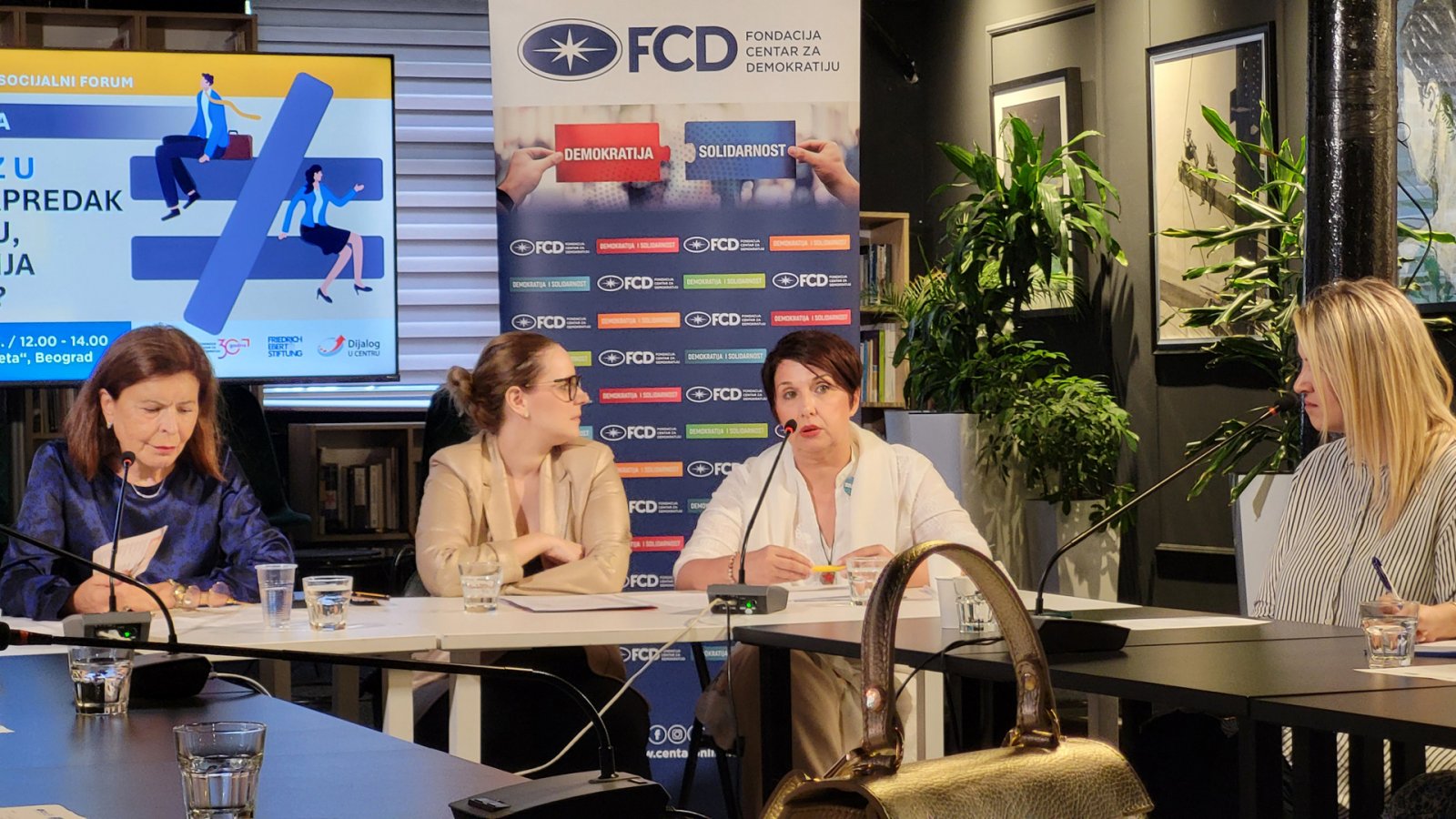
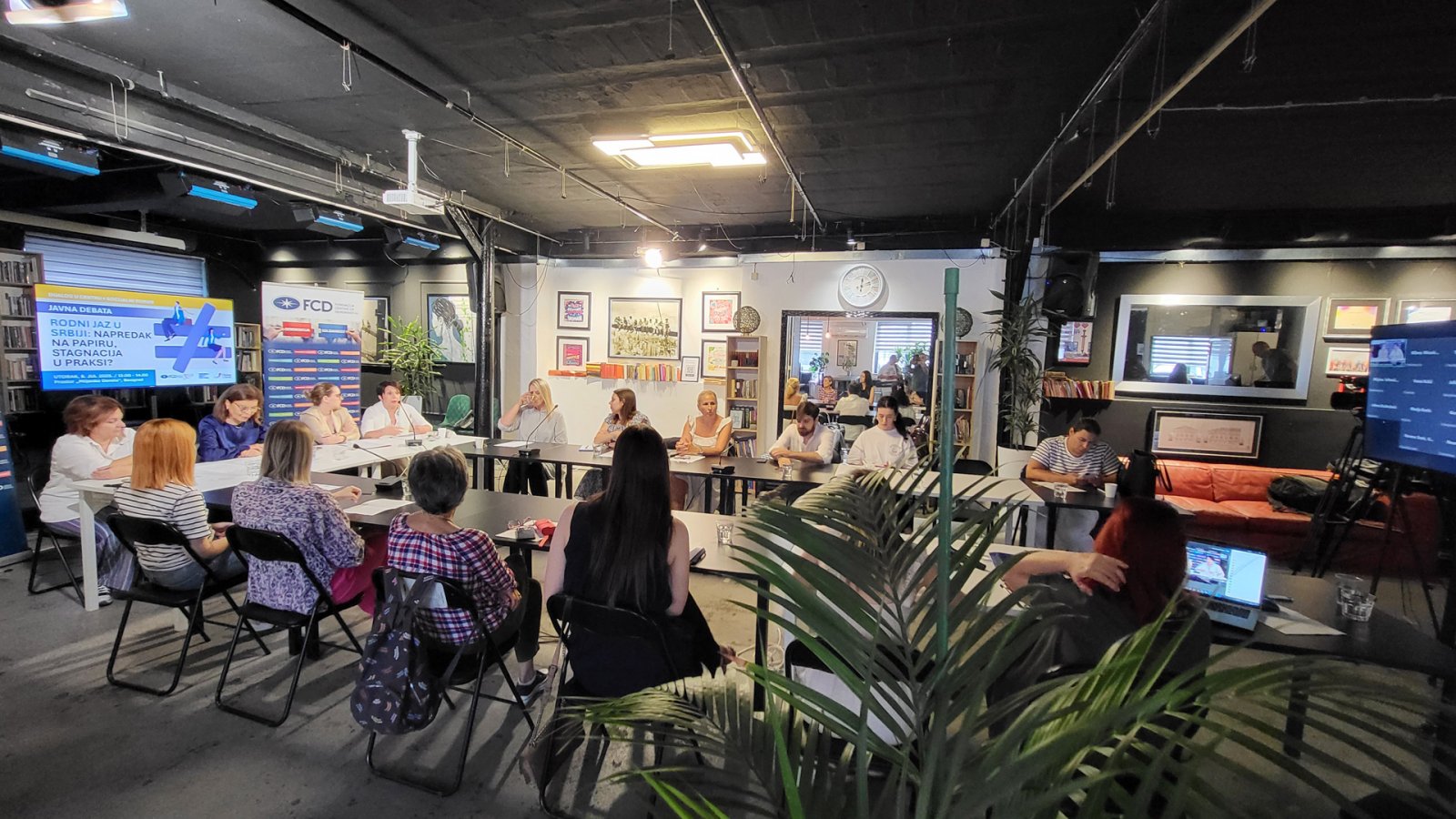
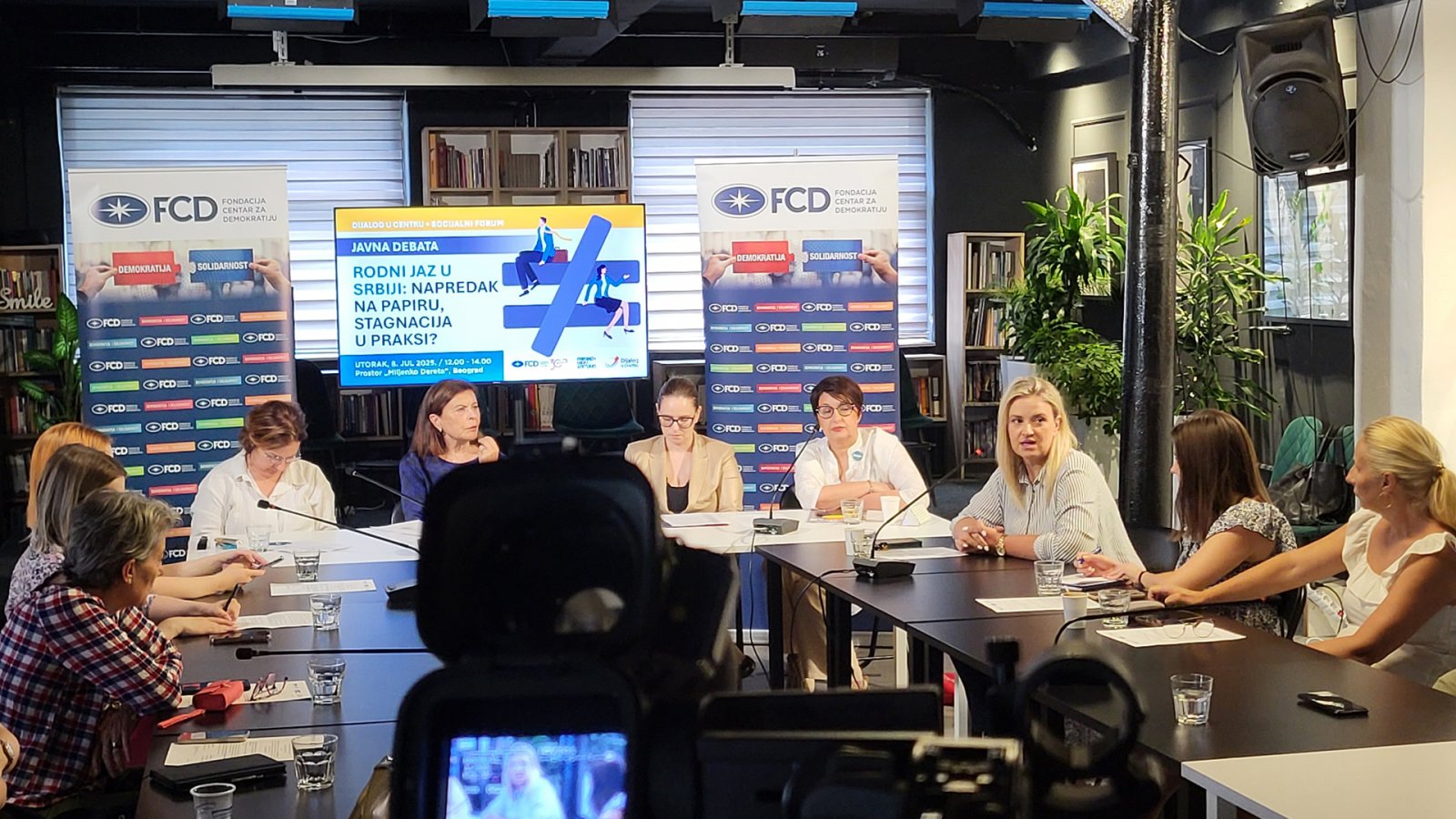
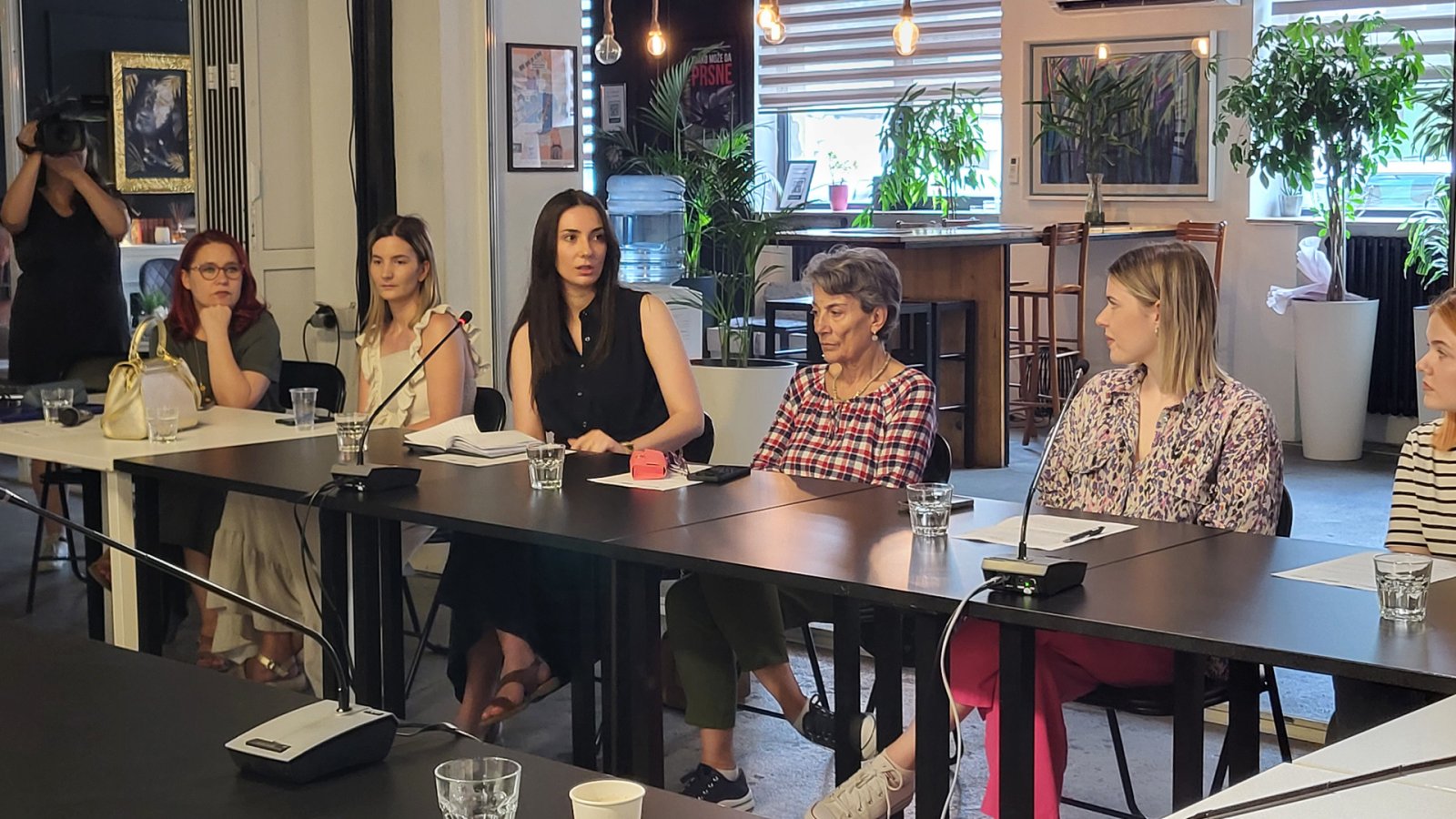
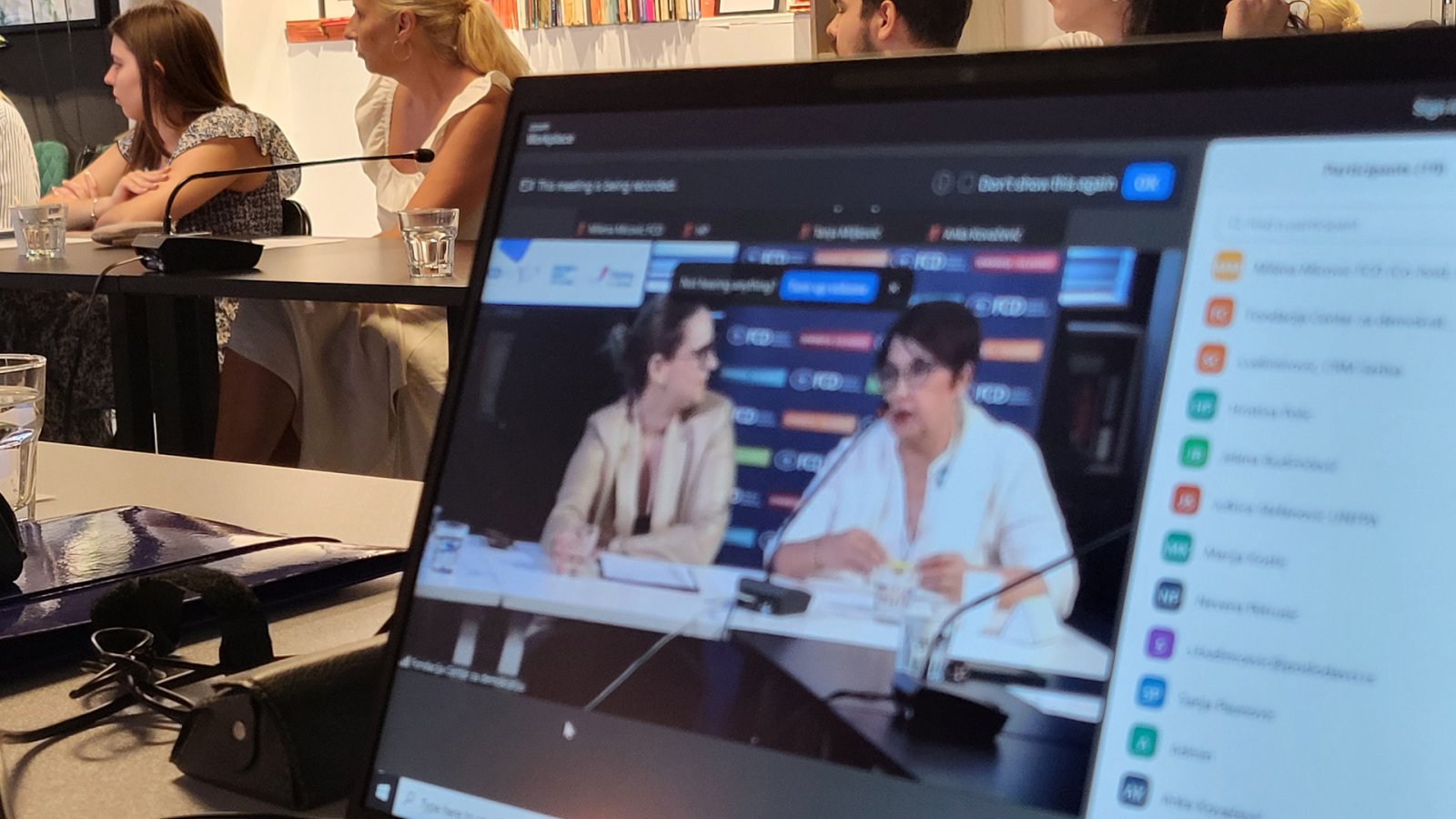
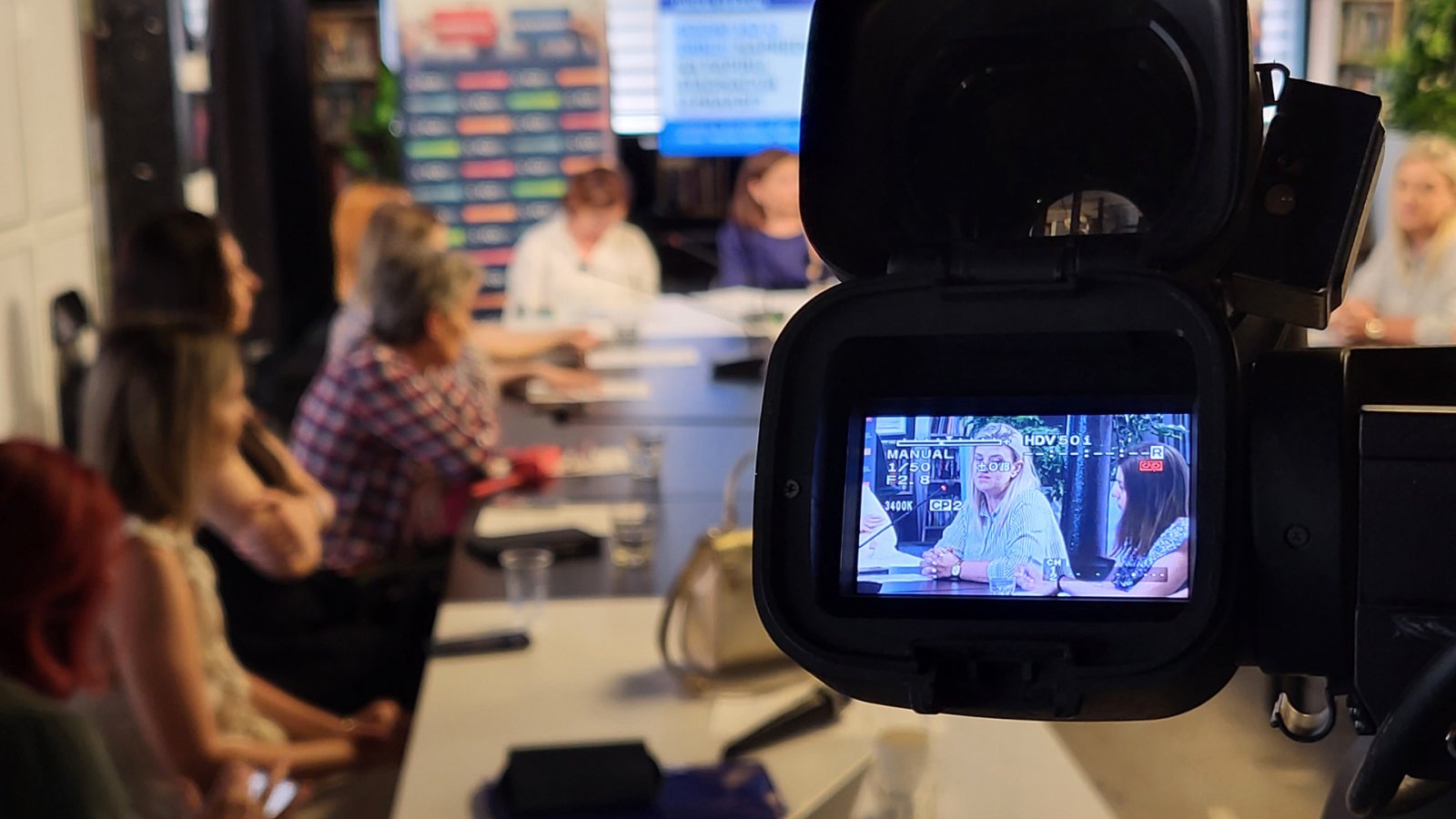
The debate was organized by the Center for Democracy Foundation in cooperation with the Friedrich Ebert Foundation as part of the project CENTRE DIALOGUE – SOCIAL FORUM.
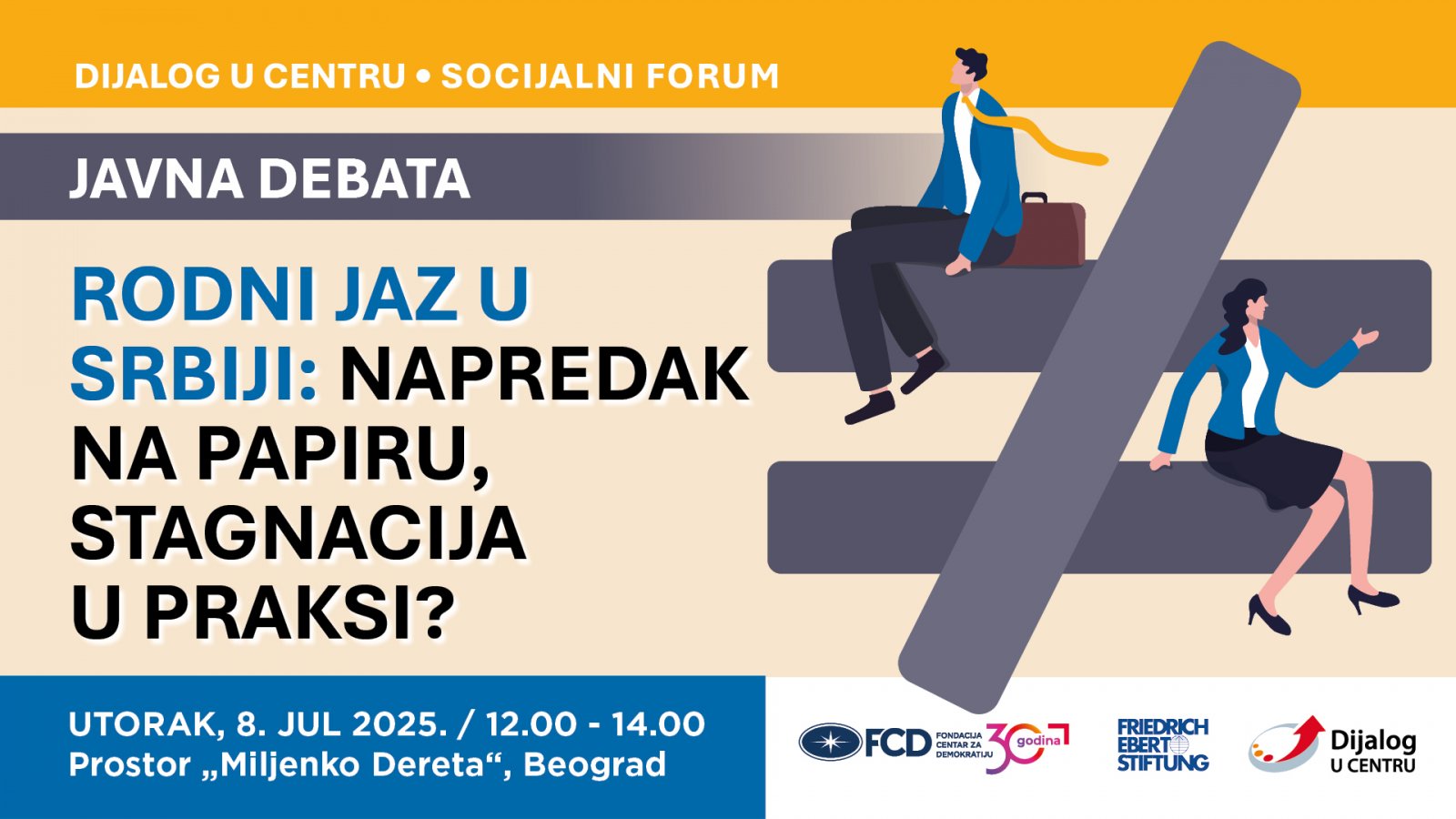
Source: Nova ekonomija, FoNet, CDF
Video
EVENTS
HIGHLIGHTS
2025-12-02
Debate “Energy Security of Serbia in the Light of the Current Crisis – Challenges and Solutions”
2025-11-19 | Belgrade, Sarajevo, Tirana, Skopje, Pristina
REGIONAL CONFERENCE Western Balkan Youth and the European Union: Shaping Our Common Future
CURRENT PROJECTS
PUBLICATIONS
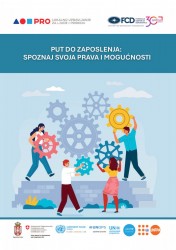 Manual “The Path to Employment: Get to Know Your Rights and Opportunities”
Manual “The Path to Employment: Get to Know Your Rights and Opportunities”
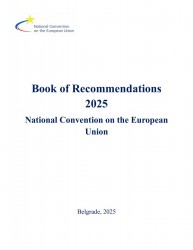 NCEU Book of Recommendations 2025
NCEU Book of Recommendations 2025
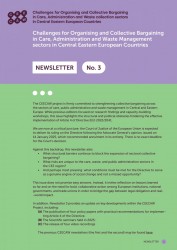 Challenges for Organising and Collective Bargaining in Care, Administration and Waste collection sectors in Central Eastern European Countries
Challenges for Organising and Collective Bargaining in Care, Administration and Waste collection sectors in Central Eastern European Countries
 Public Policy Proposals – Collective Bargaining (CEECAW)
Public Policy Proposals – Collective Bargaining (CEECAW)
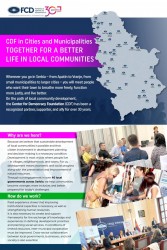 CDF in Cities and Municipalities: Together for a Better Life in Local Communities
CDF in Cities and Municipalities: Together for a Better Life in Local Communities
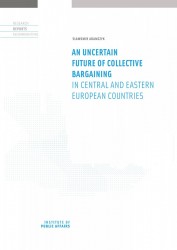 Comparative reports on collective bargaining - CEECAW
Comparative reports on collective bargaining - CEECAW
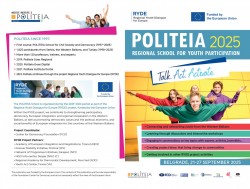 POLITEIA – Regional School for Youth Participation 2025 (leaflet)
POLITEIA – Regional School for Youth Participation 2025 (leaflet)
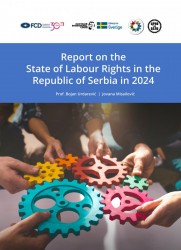 Report on the State of Labour Rights in the Republic of Serbia in 2024
Report on the State of Labour Rights in the Republic of Serbia in 2024
 Unlocking Collective Bargaining Power in Three Sectors: A Call to Action
Unlocking Collective Bargaining Power in Three Sectors: A Call to Action
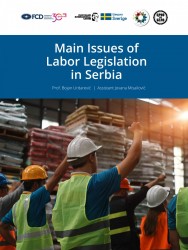 Main Issues of Labor Legislation in Serbia
Main Issues of Labor Legislation in Serbia
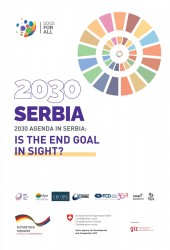 New Monitoring Report by the “SDGs for All” Platform: Is the End Goal in Sight?
New Monitoring Report by the “SDGs for All” Platform: Is the End Goal in Sight?
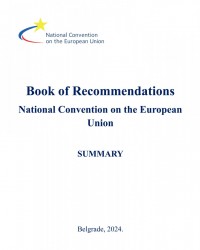 NCEU Book of Recommendations 2024 (Summary)
NCEU Book of Recommendations 2024 (Summary)
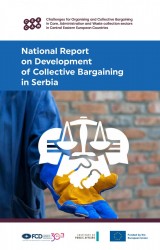 National reports on collective bargaining in Serbia - CEECAW
National reports on collective bargaining in Serbia - CEECAW
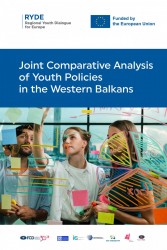 The Comparative Analysis of Youth Policies in the Western Balkans (WB)
The Comparative Analysis of Youth Policies in the Western Balkans (WB)
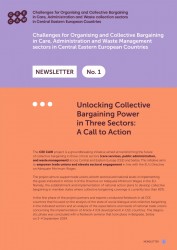 Unlocking Collective Bargaining Power in Three Sectors: A Call to Action
Unlocking Collective Bargaining Power in Three Sectors: A Call to Action
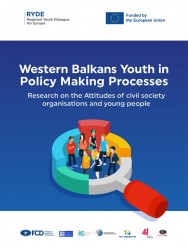 Western Balkans Youth in Policy Making Processes
Western Balkans Youth in Policy Making Processes
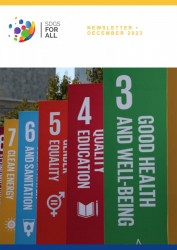 SDGs for All Platform newsletter (December 2023)
SDGs for All Platform newsletter (December 2023)
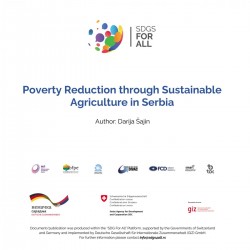 Analysis: Poverty Reduction Through Sustainable Agriculture in Serbia (with Summary)
Analysis: Poverty Reduction Through Sustainable Agriculture in Serbia (with Summary)


